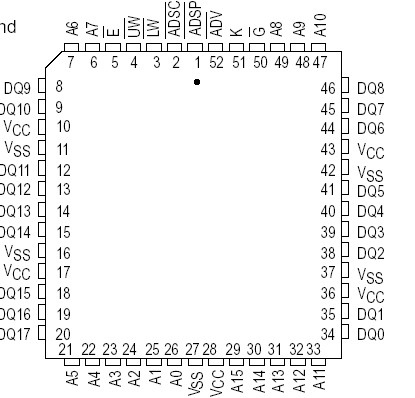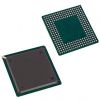MCM67C618B: Features: • Single 5 V ± 5% Power Supply• Fast Access Time/Fast Cycle Time = 5 ns/100 MHz, 7 ns/80 MHz• Byte Writeable via Dual Write Enables• Internal Input Registers (Addre...
floor Price/Ceiling Price
- Part Number:
- MCM67C618B
- Supply Ability:
- 5000
Price Break
- Qty
- 1~5000
- Unit Price
- Negotiable
- Processing time
- 15 Days
SeekIC Buyer Protection PLUS - newly updated for 2013!
- Escrow Protection.
- Guaranteed refunds.
- Secure payments.
- Learn more >>
Month Sales
268 Transactions
Payment Methods
All payment methods are secure and covered by SeekIC Buyer Protection PLUS.

 MCM67C618B Data Sheet
MCM67C618B Data Sheet







